Mason Publishing (George Mason University) recently announced the launch of Journal of Modern Mobility Systems, a niche journal that carters to the fast changing world of mobility systems around the world. The scope of the journal is described as:
The field of transportation is experiencing revolutionary changes due to rapid innovations in technology and operations. For example, new vehicle technologies such as connected and autonomous vehicles are changing the dynamics of infrastructure planning, construction and maintenance. Shared mobility services (ridesharing, micromobility, ride-hailing) are reshaping travel demand, travel behavior and the economics of transportation. Practitioners and researchers who are dealing with these rapid developments could benefit from quick access to the latest research. However, typical turnaround times for publishing full-length research articles in major journals, though improved from a decade ago, have not kept pace with recent rapid innovations. Journal of Modern Mobility Systems (JMMS) fills this gap by publishing peer-reviewed research briefs (1500 words or less) in a timely manner. Turnaround time for JMMS articles is targeted to be 3 months or less. To merit publication in JMMS, the submitted articles should highlight a significant new discovery or an innovative methodology that is of interest to the community of transportation practitioners and researchers at large in areas related to modern mobility systems. The journal scope includes a broad range of research topics in transportation policy, planning, systems analysis, engineering, technological innovations and societal impact related to MMS.
As announced at 2019 Annual Meeting, ATPIO is proud to join hands with Mason Publishing as a sponsor of the publication. Journal’s Chief Editor Mohan Venigalla is the current Vice President of ATPIO. Srinivas Pulugurtha, an ATPIO member, also serves on the editorial board.
Venigalla said, “The field of mobility is rapidly changing. For example, according to NACTO, in 2018 alone there were about 84 million trips taken by micromobility services. It was up from 35 million trip from a year earlier.” While the dynamics of modern mobility are fast changing, most of the research in this area takes 12-24 months from findings to publication, which makes most of it somewhat outdated.
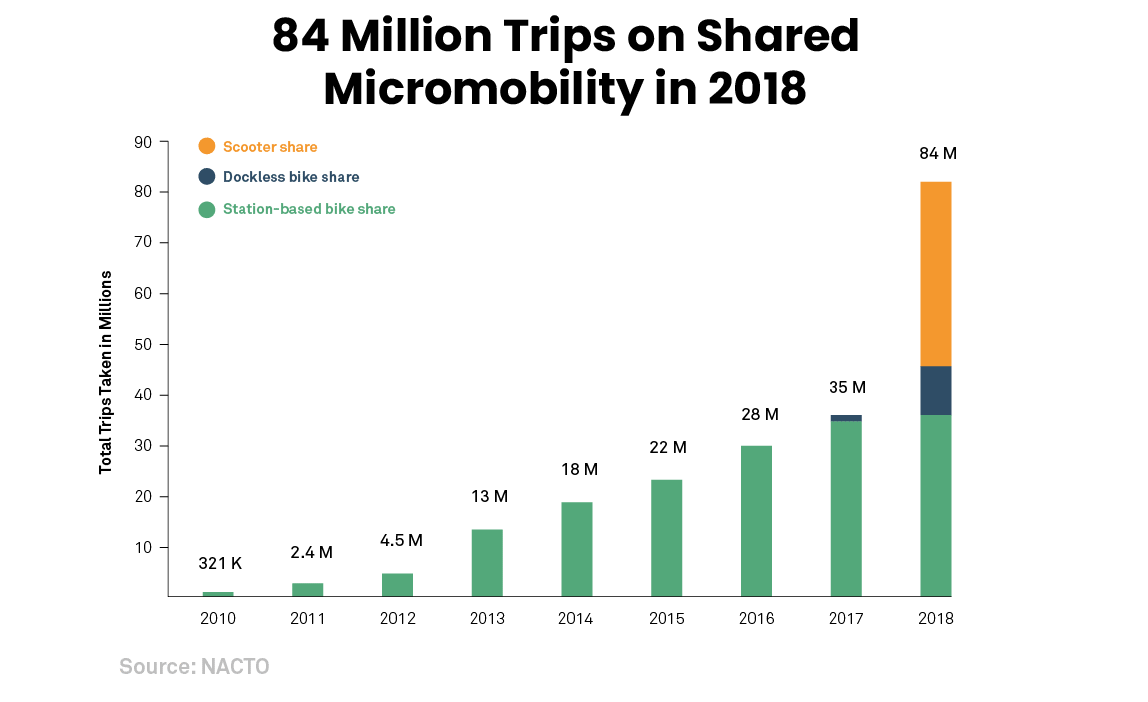
Arun Shirole, President of ATPIO, added, “This journal is very timely and has a potential to have an longterm success. This joint venture publication has further advanced ATPIO goals into scholarly pursuits. I hope scholars among ATPIO membership take advantage of this opportunity an publish their articles in JMMS.”

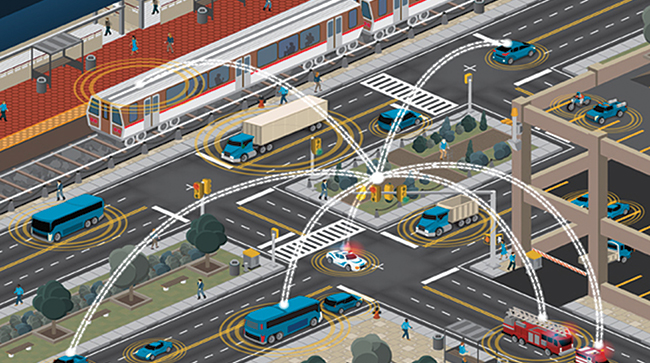
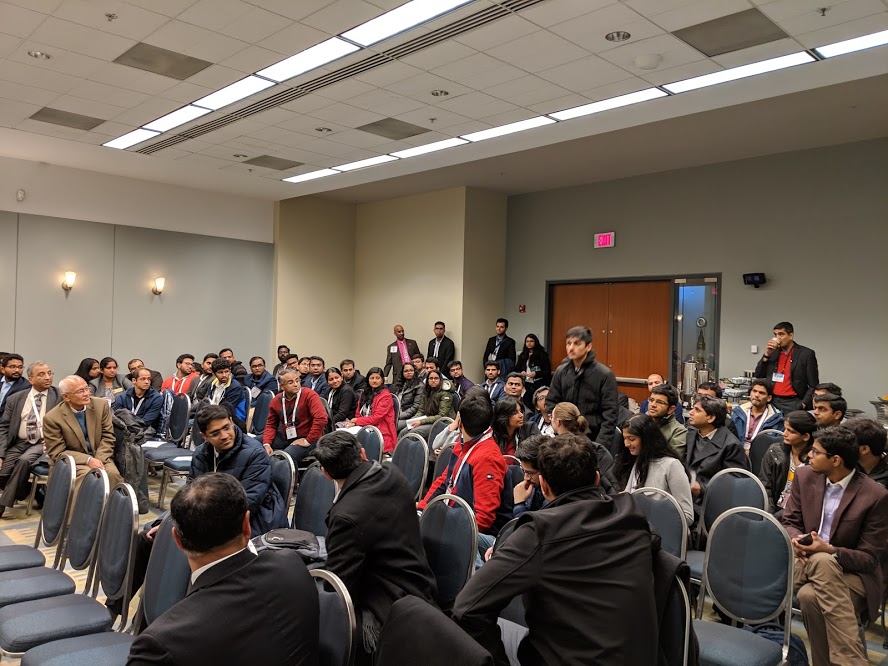
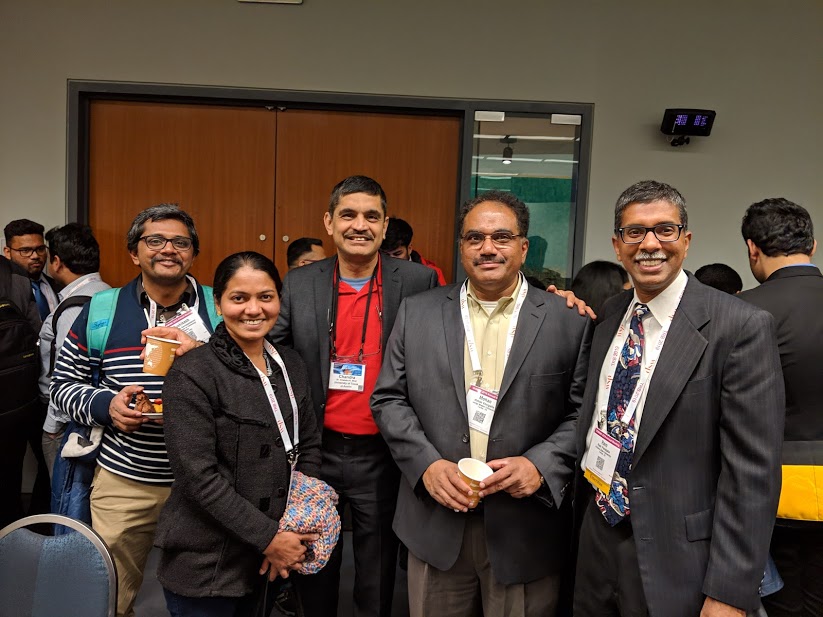
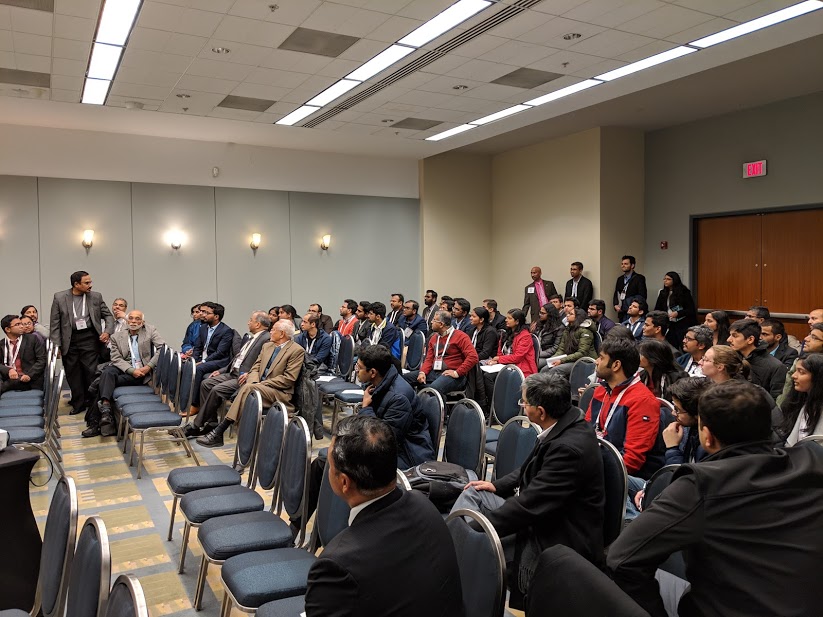
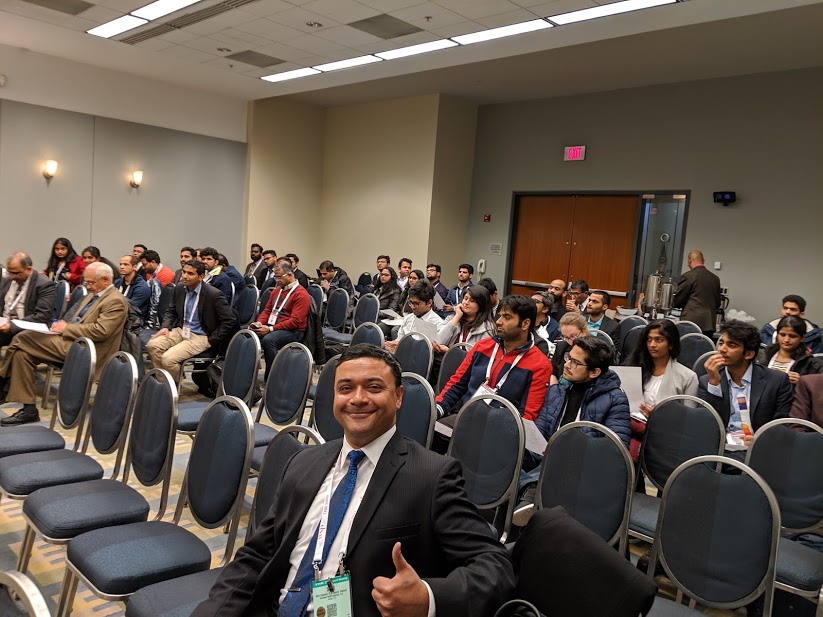
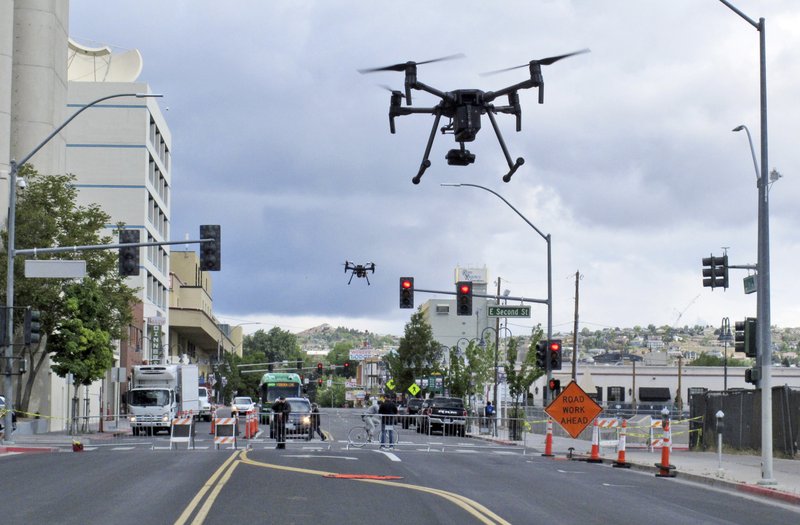


 Arun Shirolé has Master’s degrees in civil engineering and in business administration. He was a Transportation Fellow at Harvard University’s Kennedy School of Government. Mr. Shirolé is internationally well known for his engineering and management expertise. He has over 40 years of experience covering planning, design, construction, rehabilitation and maintenance of bridges and highways. He was the first Executive Director of the National Steel Bridge Alliance (NSBA) and is now NSBA’s Executive Director Emeritus. Previously, he served as the Director of Structures and the Deputy Chief Engineer (1989-95) for the New York State Department of Transportation (NYSDOT) in Albany, NY. Mr. Shirolé is well-known for directing the development and implementation of NYSDOT’s comprehensive Bridge Management and Safety Assurance (BSA) Programs as well as NYSDOT’s own Uniform Code of Bridge Inspection. Mr. Shirolé has been involved in the constructability reviews of Owensboro Bridge in Kentucky and T Y Lin’s Signature, Bay Bridge design. In 2001-02, he served as a member of the Independent Review Team of national experts for Woodrow Wilson Bridge in Washington, DC. Mr. Shirolé was responsible for risk assessment and mitigation aspects for highway infrastructure in the development of asset management framework for the Interstate System.
Arun Shirolé has Master’s degrees in civil engineering and in business administration. He was a Transportation Fellow at Harvard University’s Kennedy School of Government. Mr. Shirolé is internationally well known for his engineering and management expertise. He has over 40 years of experience covering planning, design, construction, rehabilitation and maintenance of bridges and highways. He was the first Executive Director of the National Steel Bridge Alliance (NSBA) and is now NSBA’s Executive Director Emeritus. Previously, he served as the Director of Structures and the Deputy Chief Engineer (1989-95) for the New York State Department of Transportation (NYSDOT) in Albany, NY. Mr. Shirolé is well-known for directing the development and implementation of NYSDOT’s comprehensive Bridge Management and Safety Assurance (BSA) Programs as well as NYSDOT’s own Uniform Code of Bridge Inspection. Mr. Shirolé has been involved in the constructability reviews of Owensboro Bridge in Kentucky and T Y Lin’s Signature, Bay Bridge design. In 2001-02, he served as a member of the Independent Review Team of national experts for Woodrow Wilson Bridge in Washington, DC. Mr. Shirolé was responsible for risk assessment and mitigation aspects for highway infrastructure in the development of asset management framework for the Interstate System.
 The Transportation Research Group of India (TRG) invites you to the city of Bhopal to participate in the 5th biennial Conference of the TRG (CTRG-2019) between 18 to 21 December, 2019. The objective of the conference is to create and provide a forum within India for interchange of ideas among researchers, educators, practitioners, managers, and policy-makers in transportation in India and around the world. We intend to cover a wide spectrum of topics related to transportation of people and freight.
The Transportation Research Group of India (TRG) invites you to the city of Bhopal to participate in the 5th biennial Conference of the TRG (CTRG-2019) between 18 to 21 December, 2019. The objective of the conference is to create and provide a forum within India for interchange of ideas among researchers, educators, practitioners, managers, and policy-makers in transportation in India and around the world. We intend to cover a wide spectrum of topics related to transportation of people and freight.